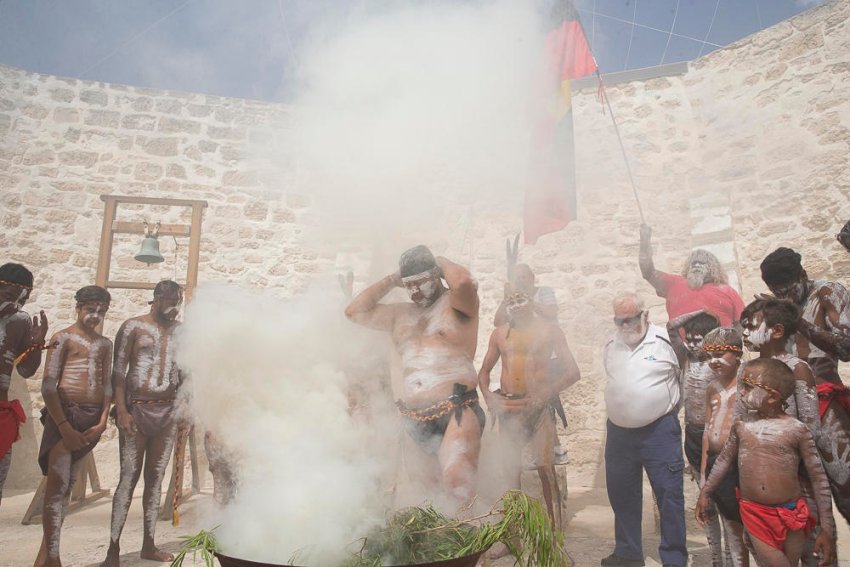
One of the actions requested by the local Indigenous community in the City of Fremantle’s new Reconciliation Action Plan is the greater use of Noongar place names for new streets and parks and also for significant landmarks such as Derbarl Yerrigan (Swan River), Wadjemup (Rottnest Island) and Walyalup (the greater Fremantle region).
When asked by The West Australian on May 21 if he would rule out introducing “Walyalup” into the formal name of the city itself, Fremantle mayor Brad Pettitt declined, saying it was “entirely possible”. This sent the usual right-wing opinion makers into a spin, egging on social media outrage.
Typical was shadow local government minister Tony Krsticevic, who told The West Australian dual naming “would confuse people in WA, let alone in Australia and the rest of the world. I think it would make more sense to start small and work your way from there, depending on what you’re trying to achieve”.
Clearly Krsticevic has forgotten how easily everyone took to Uluru. Who even says Ayers Rock today? Furthermore, dual and bilingual signage is very common around the world. While monolingual assimilation used to be official policy and remains contemporary practice, we have always been a multicultural and multilingual society, both before and after colonisation.
The parliamentary wing of Labor ran for cover when The West Australian and Murdoch media rained hell on the City of Fremantle for ditching its Australia Day fireworks in 2017. True to form Premier Mark McGowan timidly told ABC Radio that while he supported educating people about Noongar culture, changing place names was going too far: “Fremantle is Fremantle. I’m a traditionalist like that.”
Too bad for Noongar traditions.
Fortunately his Aboriginal Affairs Minister Ben Wyatt was a bit more positive. In fact, even the Fremantle Dockers were ahead of the Premier, changing the motto on their jumpers from “Forever Freo” to “Kalyakoorl Walyalup” for the AFL’s Indigenous Round game.
While nobody has proposed wiping the name Fremantle from the map, it's worth reflecting on who Captain Charles Fremantle was. The son of minor English gentry, he spent only five months in the Swan River colony after claiming the place for the Crown in 1826. There is also credible evidence that his family bribed witnesses and pressured the judge when he was charged with raping a 15 year old girl before he left England.
Of course reminders of rape and murder abound in colonial era place names, rubbing the noses of our Indigenous brothers and sisters in it everywhere they look. None more so than Stirling and Peel, ring-leaders of the terrible Pinjarra massacre of 1834, after whom roads, parks and suburbs across the Perth region are named to this day.
With this in mind, the hostility that a polite request for more use of Noongar place names evokes in some people is astounding. As we’ve seen with the debate about January 26, an acknowledgement that modern Australia was founded on violent dispossession profoundly threatens the myth making of White Australia.
It's not just about symbols and names. A more truthful telling of our history will increase sympathy for and solidarity with the cause of Indigenous Australia among the general population.
That would bring us a step closer to re-founding this country as republic based on a treaty (or treaties) with Indigenous people, one that enshrines real land rights, the kind that mining companies don’t get to override.
That’s exactly what Green Left is dedicated to achieving. But we need your help if we are to continue to tell the stories that strengthen the cause.
You can become a supporter of Green Left Weekly online or by calling us on 1800 634 206 (free call from anywhere in Australia). You can also easily make a donation online or direct deposits can be made to Green Left, Bendigo Bank, BSB: 633-000 Account Number: 160058699. Otherwise, you can send a cheque or money order to PO Box 394, Broadway NSW 2007.